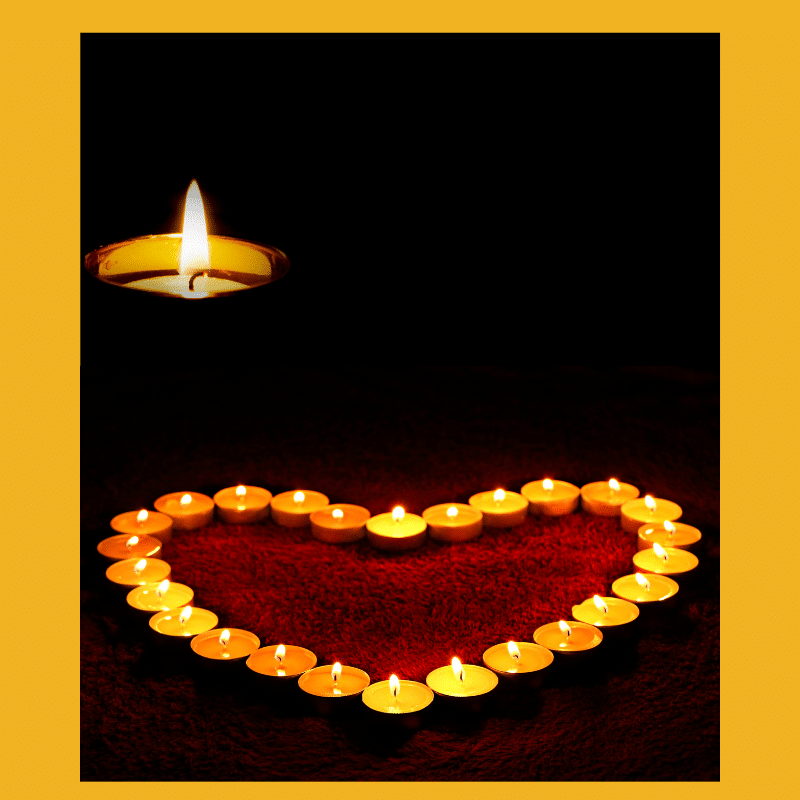Mourning and Loving in the Same Month
Each summer, there are two Jewish holidays that seem diametrically opposed: Tisha B’Av, the Jewish day of mourning, and Tu B’Av, the Jewish day of love. Why would the Jewish calendar contain two holidays with opposite themes and purposes so close to each other?
Tisha B’Av marks several tragedies that affected the Jewish people, including the destruction of the Second Temple and the expulsion of Jews from Spain. It’s a day of mourning where we pray and reflect on the baseless hatred that was said to have caused the Temple’s destruction. It comes on the 9th of the Hebrew month of Av, or Saturday, July 17, 2021 at sundown. Tu B’Av, coming on the heels of this six days later on the 15th of Av, or Friday, July 23, 2021 at sundown, celebrates love and life.
The juxtaposition of observing mourning and celebrating love is intentional and reinforces a key lesson of Judaism: in the circle of life, you cannot avoid or ignore the bad things that happen. And yet, even mourning has a finite limit; once that time has been observed, it’s your obligation to continue living. To remember, to feel sorrow, but not to wallow. With our kids, who have up and downs daily and cannot (and should not) be shielded from all sad events, this can be a teachable moment. Yes, it was difficult to experience something sad or unfair, and we can honor that. However, we cannot let it be what defines us.
This time of year, I remember one of my favorite pieces of wisdom from Rev. Dr. Martin Luther King, Jr.: “Darkness cannot drive out darkness; only light can do that. Hate cannot drive out hate; only love can do that.”
By Sarah Rabin Spira, Manager, PJ Library, The Jewish Federation of Greater Washington

